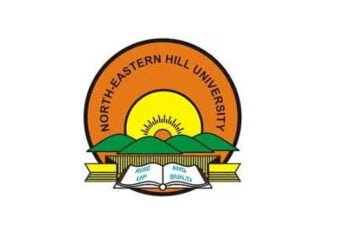A social activist, Cherian Momin has written to the Chief Minister Conrad K Sangma to call for reforms to the perennially troubled Garo Hills Autonomous District Council (GHADC).
The GHADC has been cash-strapped for years and employees have gone without pay for many months at a stretch. While the state government and the district councils are separate institutions, Momin feels that with both being run by the CM’s National People’s Party (NPP), there is scope for Sangma to bring change to the GHADC through his influence.
Referring to a Jaintia Hills ADC strike in October last year, Momin said that this had been resolved through discussions involving the CM. However, GHADC staff have made repeated requests for implementation of the Fifth Pay Commission’s recommendations but this has, despite a resolution in favour by the executive committee, been left “unresolved for over 14 years, severely affecting both the employees and the public at large.”
This shows the failure of the NPP-led state government and GHADC, Momin alleged. “The persistent protests by non-gazetted GHADC employees over unpaid salaries, now overdue for 35 months, and the delayed implementation of the Fifth Pay Commission’s guidelines have become major concerns for the people of Garo Hills. The worsening financial condition of GHADC and the numerous challenges that remain unresolved are evidence of the need for immediate and effective action,” he added.
Some of the problems the council faces is corruption, excessive spending, overstaffing, deteriorating infrastructure and the lack of updated financial and service rules, Momin opined.
He urged the CM’s to try and encourage the GHADC to formulate clear and transparent policies on financial and administrative procedures, such as implementing a single-window system for deposits and withdrawals, establishing an audit cell, and mandating digital transactions to prevent revenue leakages and financial irregularities. Momin also suggested a special committee to draft these policies that would involve experts and community representatives and ensure that the policies are finalised and enacted promptly “to restore stability and trust in the governance of GHADC.”






























